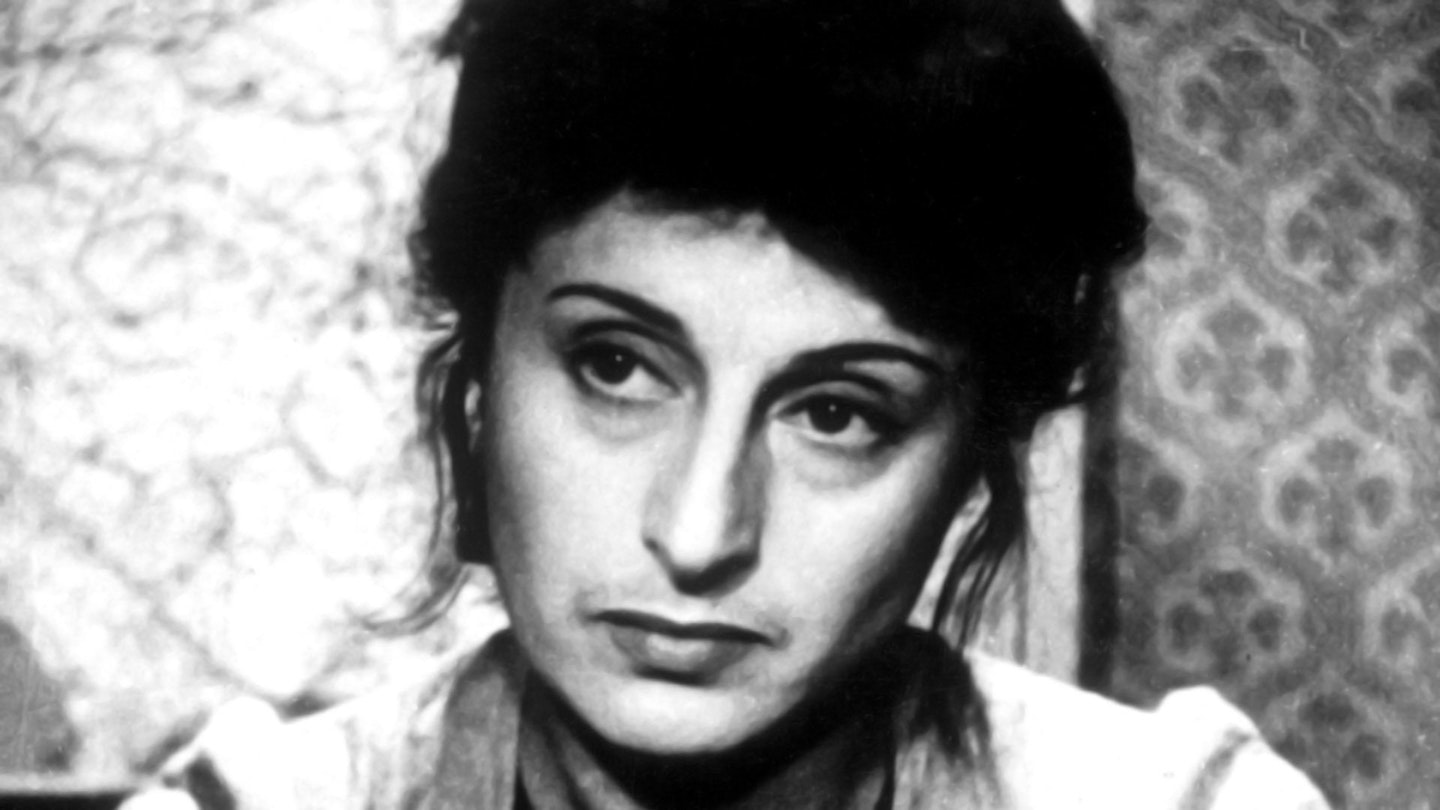Few films have had as seismic an impact on world cinema as Roberto Rossellini's compelling, but unashamedly melodramatic account of the Italian underground's duel with the occupying Nazis. However, it wasn't the storyline that proved so influential, but the rough, newsreel-like visuals that brought a visceral immediacy and authenticity to the struggle of Fr Aldo Fabrizi's flawed, but courageous parishioners.
Financed by a politically committed old lady, Rossellini originally intended to make a pair of documentaries, about Don Pietro Morosini, who had been murdered by the Gestapo, and the part played by Rome's children in resisting the Germans. However, co-scenarists Federico Fellini and Sergio Amidei suggested combining the subjects into a single feature about the Eternal City's response to repression.
With Cinecittà out of action and electrical supplies unreliable, Rossellini decided to shoot on the streets in natural light on scavenged film stock. He also bolstered his cast with non-professionals. But the reliance on pathos, epitomised by Renzo Rossellini's manipulative score, disappointed advocates of pure neo-realism, while left-wingers lamented the quasi-religious sentiments of the finale, which seemingly equated defiance and optimism with the Catholic Church and not the Communist Party.
The film touched too many raw nerves to be accepted in Italy, where it was less successful than the second part of Rossellini's war trilogy, Paisà (1946). Written by six different writers, the episodes in this audaciously elliptical portmanteau followed the Allies from the 1943 Sicilian invasion to the Liberation. The action was pretty much improvised, yet Rossellini consistently linked his characters to their environment and managed to impart an individual imprint on vignettes designed to depict the war as a series of personal tragedies rather than an historico-military event.
The critics were less kind to Germany, Year Zero (1947) however, which was denounced by some as a naive apologia for the nation that had presented Hitler with his unprecedented mandate. Young Edward Moeschke's murder of his ailing father and subsequent suicide undeniably border on melodrama. But the sequence in which the Führer's recorded voice echoes around the bombed-out Berlin ruins has lost none of its terrifying power.
